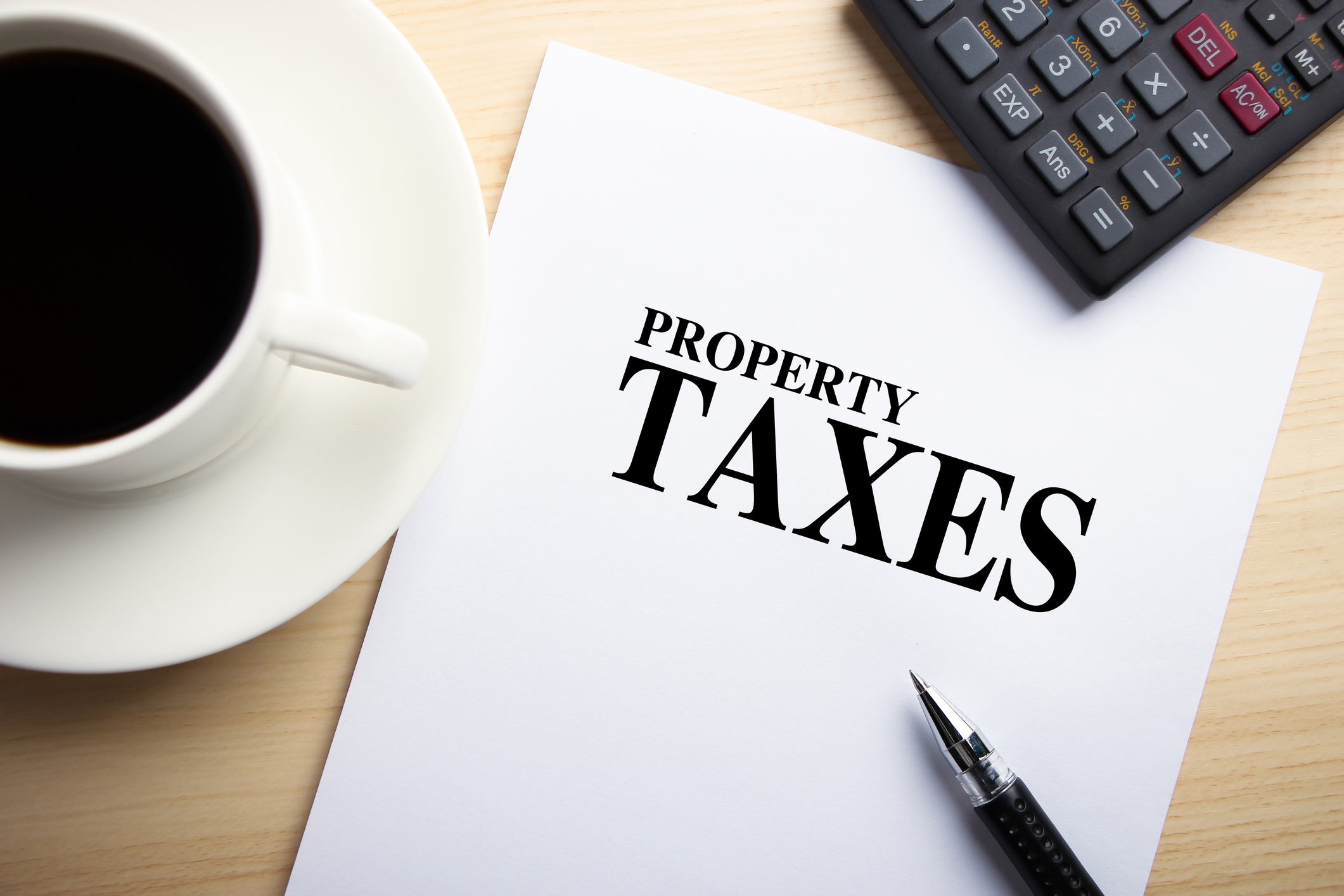Property Tax Appeals Can Save You Money

One obvious reason for filing a real estate tax appeal is to obtain a lower assessment on your real property and thereby save significant tax dollars. Another important reason to lower your assessment and taxes is to help maintain the value of the property by making it more marketable to potential buyers. Our firm has successfully litigated appeals before county tax boards and the Tax Court resulting in substantial assessment reductions and tax refunds for property owners.
Property owners often believe that their property is worth an amount equal to the assessment on the property. This misconception leads owners to overlook the different ratios of assessed value to true value applicable in each of the assessing districts of New Jersey and the fact that these ratios generally decline each year. For example, if a property worth one million dollars this year is located in a municipality with a 60 percent ratio, it should be assessed at $600,000 this year. If that ratio drops to 54 percent next year, its assessment should be $540,000. If the ratio drops, but the assessment remains high, it may be time for an appeal. The revaluation of all property within a municipality may increase the possibility of over-assessment on larger commercial and industrial parcels.
Taxpayers with assessments in excess of $1,000,000 can file an appeal for direct review of their property’s assessed valuation by the Tax Court of New Jersey, without first filing an appeal with the local county tax board. Tax appeals on assessments of less than $1,000,000 must first be filed with the county tax board.
If the taxpayer prevails in securing a tax appeal judgment reducing its assessment, the so-called “Freeze Act” binds the municipality for the years covered by the tax appeal plus two additional years, subject to two exceptions. The first exception is a complete revaluation of all real property in the municipality. The second exception is proof by the municipality of a substantial increase in the property’s value. These exceptions aside, the assessment is frozen at the reduced level, at the taxpayer’s sole option. Thus, if a taxpayer wishes to appeal for a further reduction during the freeze period, he or she is free to do so.
These points are merely intended to scratch the surface of this area of the law. This should also help to explain why property owners should have their tax assessments reviewed by legal counsel each year to determine whether a tax appeal is warranted. The experienced attorneys at Norris McLaughlin can help you review and analyze your real property valuations to determine if an appeal makes sense.
For all counties, other than Monmouth, the deadline to file a tax appeal in 2019 is April 1st. For all towns subject to a revaluation or reassessment (other than those towns in Monmouth County), the deadline is extended to May 1, 2019.
For additional information, contact one of our tax appeal members.

